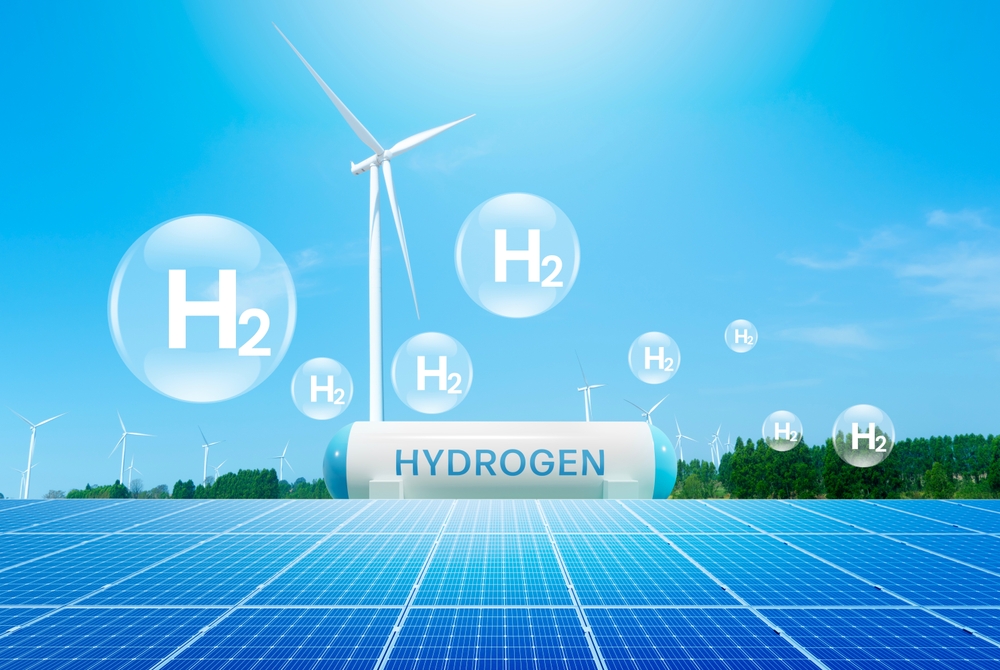EU Funds Dutch Renewable Hydrogen Production to Accelerate Green Energy Transition
Key Ideas
- The European Commission has approved €998m to boost renewable hydrogen production in the Netherlands, supporting the country's electrolysis capacity expansion.
- The funding will aid in achieving targets of 500 MW of electrolyser capacity by 2025 and 3-4 GW by 2030, aligning with EU's ambitious hydrogen strategy.
- Renewable hydrogen, produced from electrolysis with renewable energy, plays a vital role in reducing carbon emissions, enhancing energy security, and advancing climate goals.
- Investing in renewable hydrogen enables Europe to decrease reliance on imported fossil fuels, promote energy independence, and lead global climate change mitigation efforts.
The European Commission has granted €998m to the Netherlands to accelerate the development of renewable hydrogen production, a significant stepping stone in the country's transition towards green energy. This funding will facilitate an increase in the Dutch electrolysis capacity, aimed at scaling up renewable hydrogen production. Margrethe Vestager, the Executive Vice-President overseeing competition policy, highlighted the importance of this initiative in aligning with the EU's climate neutrality goal. The scheme supports the construction of at least 200 MW of electrolysis capacity through a competitive process, with projects starting from 0.5 MW eligible to participate.
The funding structure includes direct grants covering a substantial portion of investment costs, along with incentives over a 5-10 year period. By complying with EU criteria for renewable fuels of non-biological origin, recipients will contribute to the reduction of CO2 emissions. The initiative is set to assist the Netherlands in reaching its electrolysis capacity objectives by 2025 and 2030.
Renewable hydrogen production is pivotal for Europe's energy transition, offering a sustainable alternative to fossil fuels. As hydrogen produced through electrolysis emits no greenhouse gases during usage, it significantly aids in lowering carbon emissions and supports the EU's ambitions for net zero emissions by 2050. Additionally, renewable hydrogen acts as a versatile energy carrier, enhancing energy security and grid stability while finding applications in various sectors like industry, transport, and heating.
Overall, investing in renewable hydrogen not only advances energy security and climate objectives but also positions Europe as a global leader in combatting climate change by reducing reliance on imported fossil fuels and promoting energy independence.
Topics
Production
Renewable Energy
Climate Change
Energy Security
Carbon Emissions
Energy Transition
Renewable Fuels
EU Funding
Climate Neutrality
Latest News
